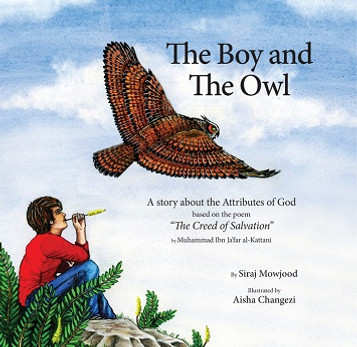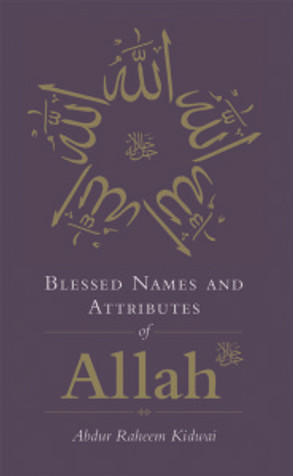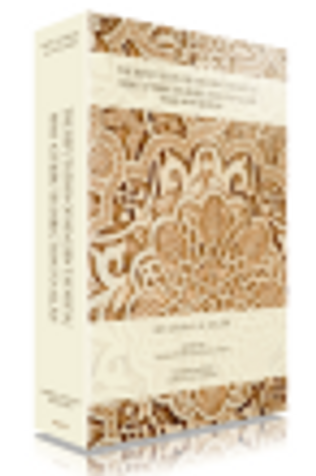Unlike other books of this genre, this book is significant in that Ibn al-Jawzi offers an incisive critique of scholars of his own school, for which in return, Ibn al-Jawzi was criticised by those Hanbali and Hanbali-leaning proponents.
This book is important for anyone who is constantly indulged in discussions and the study of polemical theology (kalam) and scriptural interpretation (ta'wil), but still have been unable to gain clarity concerning the reality and permissibility of ta'wil of the verses commonly refered to as 'The Attributes Verses' (Ayat Al-Sifat).
The appendix further clarifies the issue of scriptual interpretation, figurative language in both the Qur'an and Sunnah (Majaz), the proper intent behind the statement made by the salaf, & 'bila kayf' (Without 'How' as opposed to 'Without Modality or Description'), and an investigation into the ascription of Kitab al-Ibana to Imam Al-Ash'ari.
Readers who will derive the most benefit from this book are those who have been actively involved in the study of matters of interpretation and polemical theology. It also serves as an indispensable primer into one of the greatest debates that continued throughout much of Islam's medieval period, namely that of understanding the attributes of God.
This highly controversial treatise, written in the 12th century by one of Islam?s most prolific writers, takes a strong stance against fellow Hanbali traditionists, refuting those who espoused an anthropomorphic conception of God. The nuances surrounding the intense debate of figurative interpretation and literalism in the medieval Muslim world are clearly translated and accessible to the layperson as well as Islamic scholars, while detailed appendices delve deeper into the way medieval intellectuals interpreted ambiguous Koranic texts and provide thorough biographies of great theological thinkers of the Muslim world.
 US Dollar
US Dollar















